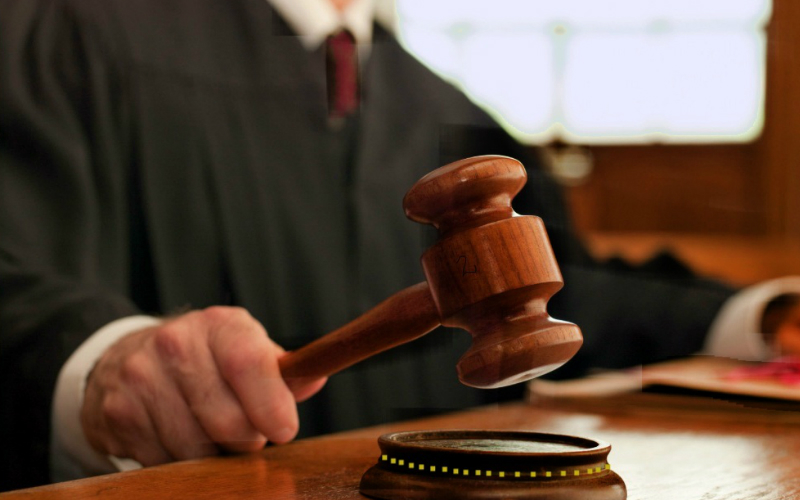The Biden administration continues to talk up the economy, but pockets of Americans have depleted their savings and run up credit card balances. That information comes from The Associated Press, which says Americans held more than $1.05 trillion on their credit cards in the third quarter of last year, a figure certain to grow once the fourth-quarter data is released by Federal Deposit Insurance Corp. (FDIC) next month.
Economist Joel Griffith with The Heritage Foundation points out the Biden administration "likes to boast" about the 3.2% economic growth rate during last quarter – and suggests Americans take a deeper dive into the statistics to reveal the truth.
"The majority of that economic growth came from consumer spending," says Griffith. "So, we need to ask ourselves 'How is it that our economy is growing thanks to consumer spending when we know that real family income has declined by $4,000 per year on average the last two years?' Well, that comes down to credit card debt."
And that, Griffith adds, is not something to brag about. "You have families that are going into debt in order to pay the bills, to buy groceries, to buy gas, and pay the rent," he lists.
Griffith counsels those who may be waiting on the administration to announce "credit card relief" – much like the controversial "student debt relief" – not to hold their breath.

"That is an idea that is far-fetched, even for this administration," he states – but predicts the country will likely start seeing more bankruptcies as a result of the huge credit card debt.
"Bankruptcies can wipe out that revolving debt and give people a fresh start," he acknowledges. "But of course, if you declare bankruptcy that means your credit is going to really be a hurdle for you to get a loan for a new business, a car, or a home."
Griffith adds that automobile delinquencies have been high as people are finding it harder to pay the bills. Meanwhile, 17.3% of households were unable to pay energy bills at least once during the last 12 months.
Bottomline, Griffith says this information about credit card debt is a big deal, and even people who have fared well in this economy are going to be impacted.
"We should all be concerned with the growing burden on those around us – not just because it harms our neighbor, but because if people have to go into bankruptcy or have to divert more of their family income just to making those payments, that will be a drag on overall economic growth."
And the outgrowth of that, he concludes, would be fewer job opportunities – and possibly lower earnings for publicly traded companies. "And most of us who are saving for a retirement … are relying on an ever-growing economy to boost the prices of the shares that we own so that we can have a comfortable retirement," Griffith notes.
"So, this is a very real way in which a debt overhang for our neighbor could very easily impact all of us in the future."







